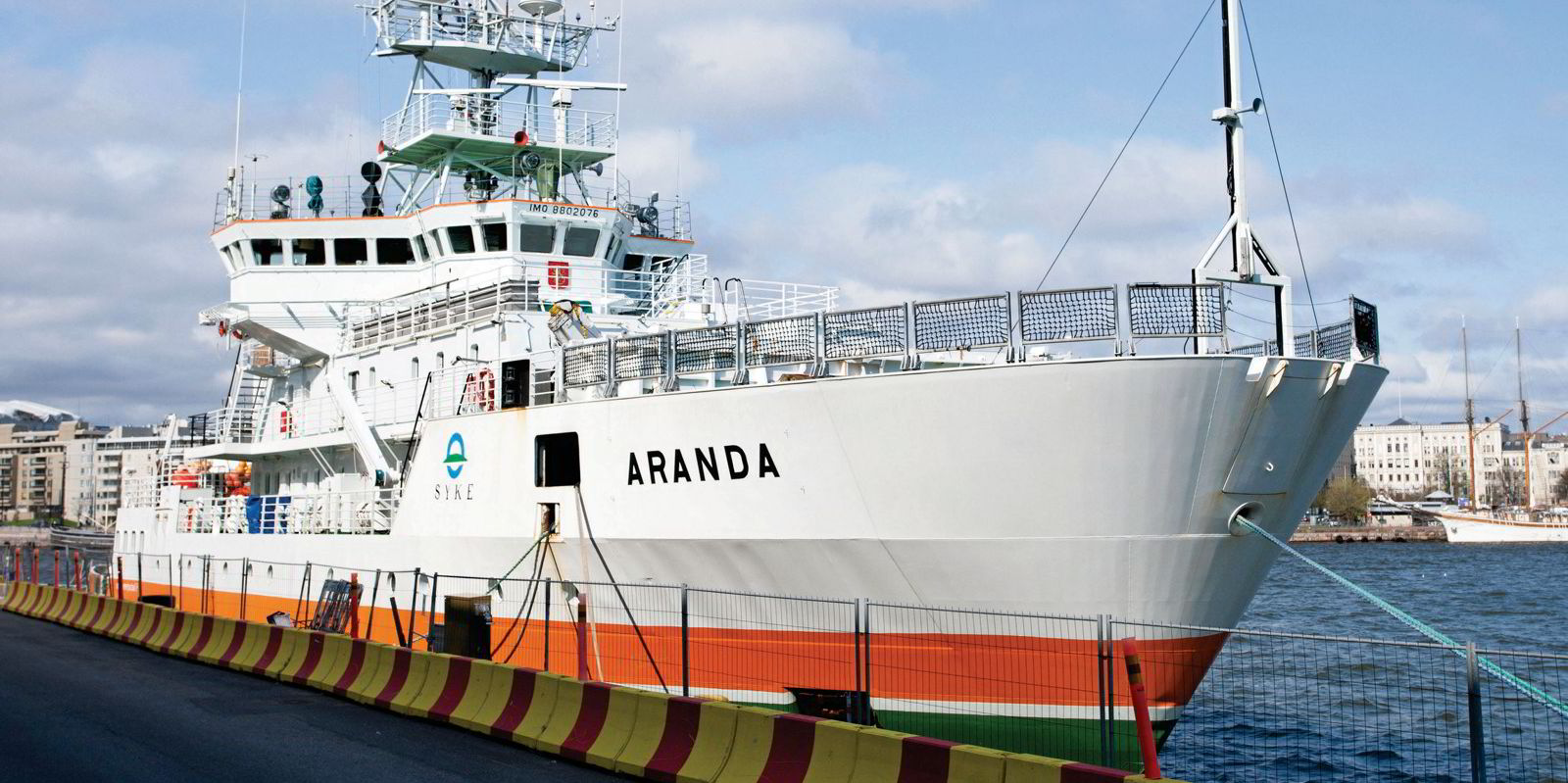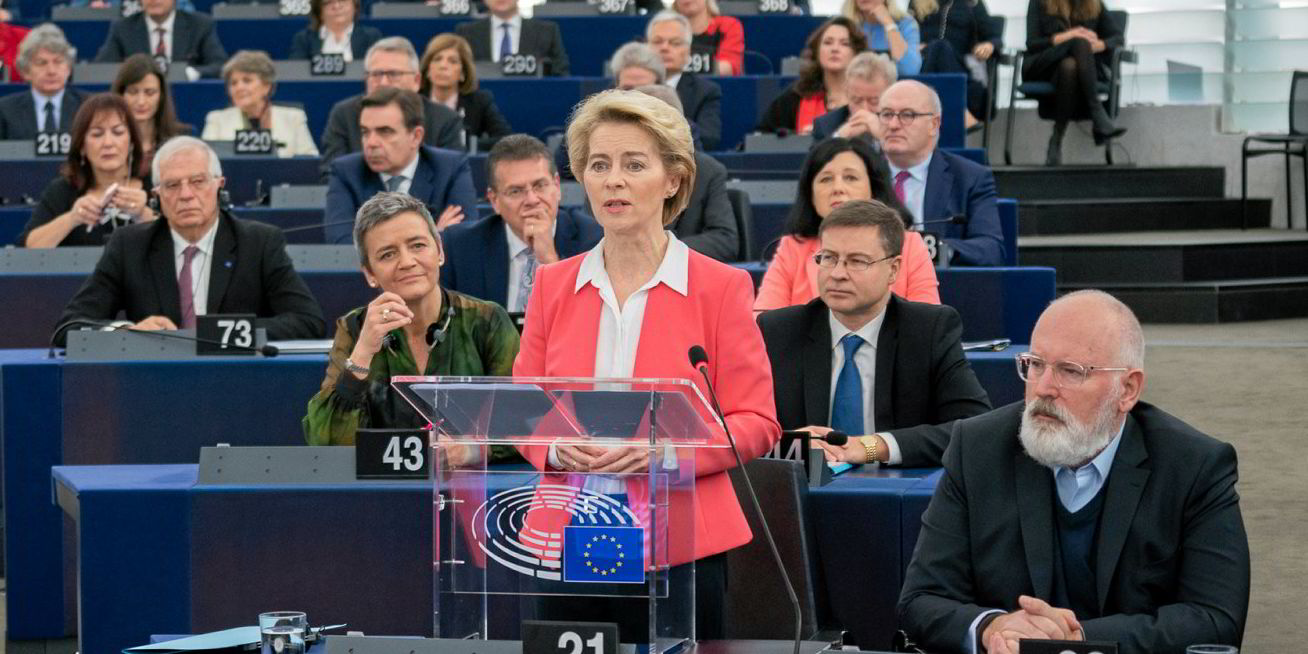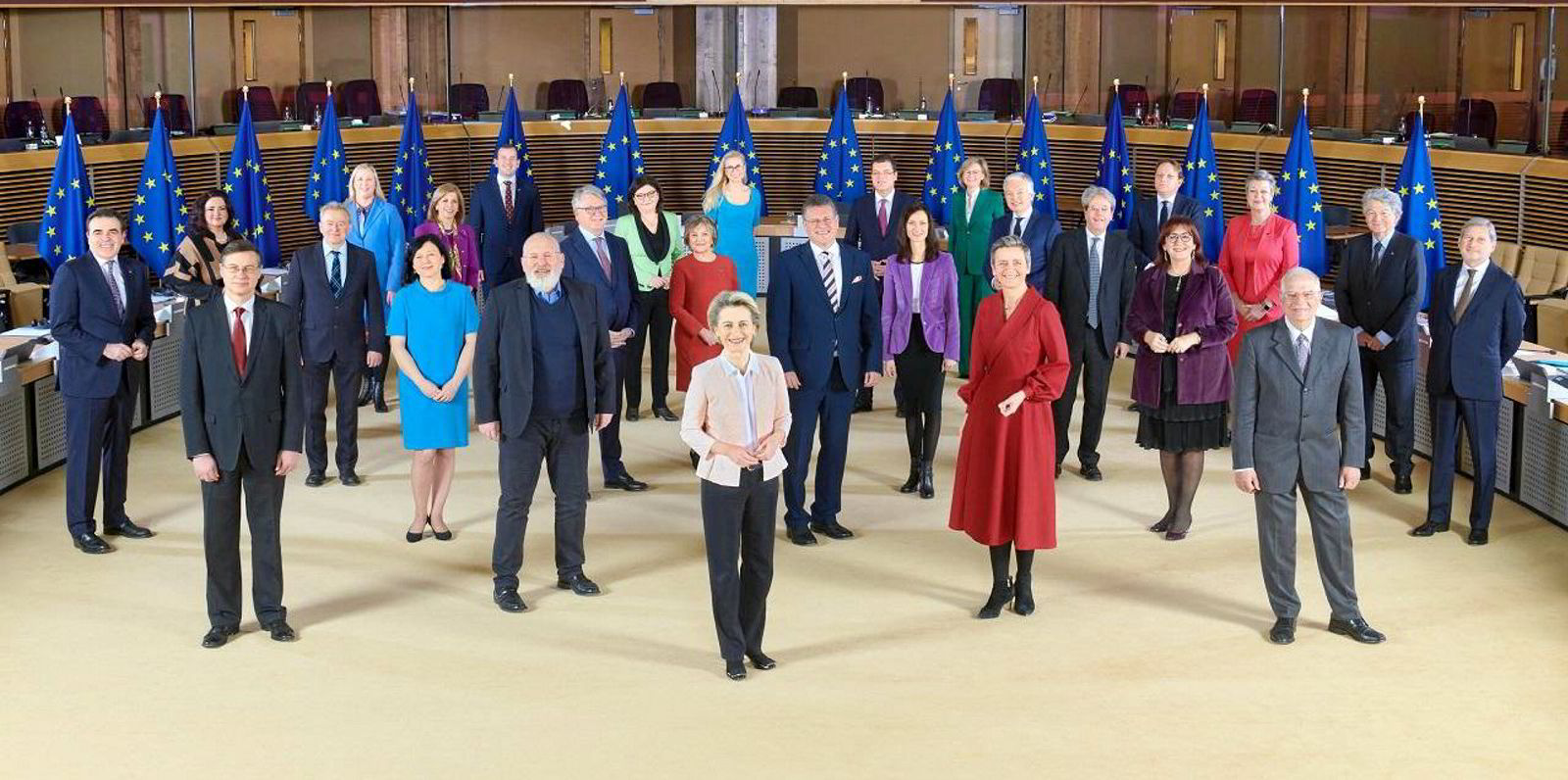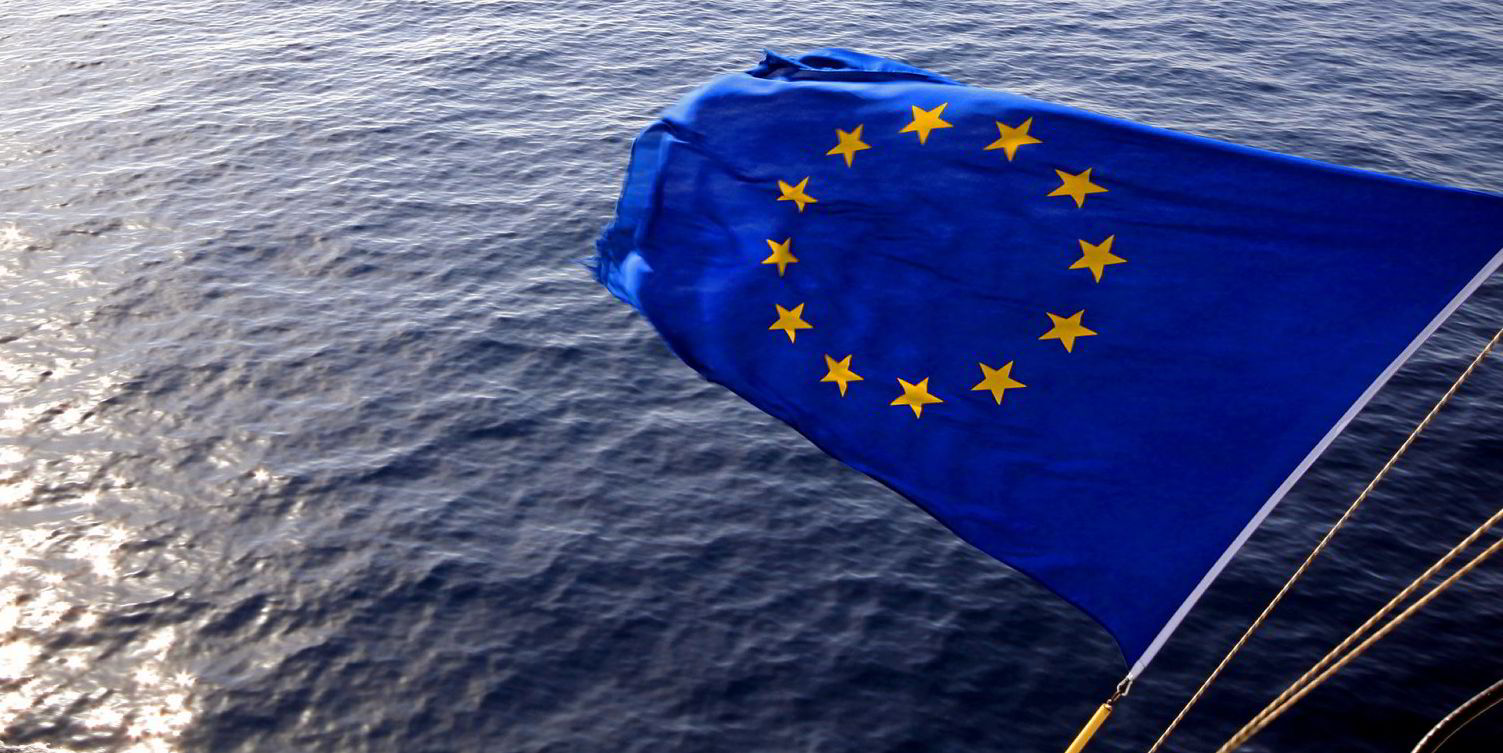The European Commission is poised to launch a €100m ($121m) public-private partnership fund for sustainable shipping innovation in collaboration with the Waterborne Technology Platform.
The Zero Emission Waterborne Transport Partnership fund will be launched on 23 June to provide major investment into decarbonisation technologies for shipping, said Henk Prins, the platform's chairman.
He revealed the new fund in a discussion hosted by the European Community Shipowners’ Associations.
“A budget of €75m to €100m will allow a large number of research and innovation projects to be announced the following day,” Prins said.
“The partnership wants to provide and demonstrate zero-emission solutions for all main ship types and services by 2030.”
Waterborne Technology Platform is a European shipping industry group of shipowners, shipyards and equipment makers that is collaborating with the EC on research and innovation.
Prins conceded that implementation of the resulting zero emissions technologies would take longer than the timeframe of this decade, and was dependent on overcoming financial hurdles, but added that the aim was “to enable zero emission waterborne transport by 2050”.
However, he admitted there remain hurdles.
“The EC really wants us to demonstrate these new technologies on vessels, but there is a big but,” Prins said.
“The funding in Horizon Europe does not cover all costs, it only covers 50% of the costs for industry and shipowners and it does not support any additional operating cost after a retrofit.”
This funding would include operating the demonstration ships.

Horizon Europe is the European Union's key funding programme for climate change-related research and innovation. It has a budget of €95.5bn.
The focus of research will be on the use of sustainable fuels and electrification using varied technologies, including fuel cells air lubrication and wind propulsion, to reduce the energy consumption of ships by 55% as called for by the EU.
“Some of these fuels have safety issues. It is not trivial to shift to hydrogen or ammonia from fossil fuels,” Prins said, and the studies would also consider air pollution emissions from fuels like ammonia as well as safe bunkering methods.
Different strands of the research will investigate how technologies can be implemented in newbuildings and with retrofitting in 10 to 15 years without too-high-a-cost ships that are being built now.
“There is no support yet for launching customers,” Prins added of financial incentives to stimulate the take-up of the new technologies.
Waterborne Technology Platform wants the EC to take onboard supporting owners of vessels with technologies that are not adopted and could become stranded assets, he added.





